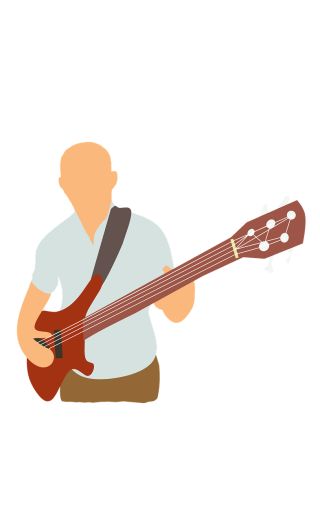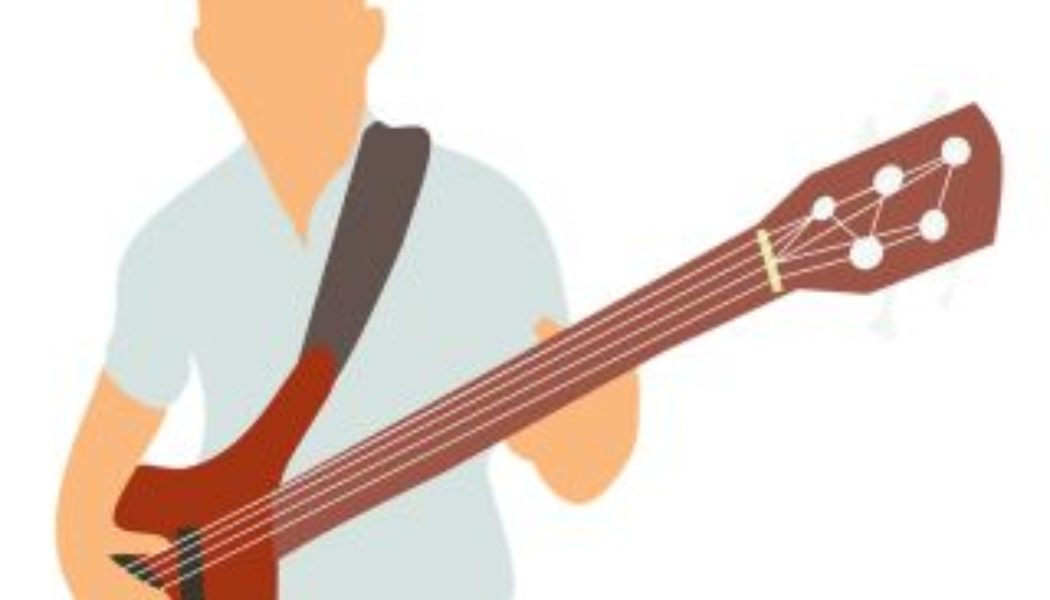
Getting older often involves a series of challenges, such as cognitive decline, late-life depression, and social isolation. In a society that is aging fast, it has become critical to find ways to promote successful aging to prevent and limit cognitive and emotional impairments. Music is a promising tool for improving cognition and promoting well-being (Ferreri, 2022).
1. Cognitive reserve. Cognitive reserve is the mind’s resistance to age-related brain damage. Research has shown that stimulating life experiences (e.g., education level, mentally challenging occupations, and lifestyle habits like social engagements, and physical activities) are associated with higher resilience to age-related brain diseases (Stern, 2002). Music is known to be cognitively stimulating and it could contribute to building such reserve throughout the life course. Music makes unique demands on our nervous system (e.g., perception, cognitive control, memory, and motor skills, among others). For example, lifelong musical expertise seems to reduce cognitive decline. However, it is not necessary to be a professional musician to benefit from musical training. Research shows that even short-term musical training strengthens cognition in the elderly (Bugos, 2007).
2. Brain plasticity. The concept of neuroplasticity suggests that the brain is malleable and shaped by experience. Importantly, this happens over time and in response to a specific new skill. Research studies have identified structural and functional differences between the brains of musicians and non-musicians, especially in regions related to motor control and auditory processing. Evidence shows that even short-term musical interventions can promote brain plasticity and increase grey matter volume (Marie, 2023). For example, in one study, adults aged 60 to 85 without previous musical experience showed improved verbal fluency and processing speed after a few months of weekly piano lessons.
3. Background music. Even passive music listening can result in improved cognitive abilities (e.g., reading comprehension or driving ability) that are crucial to the daily living in elderly adults. For example, simple passive exposure to background music (particularly classical music) during cognitive tasks is shown to improve older adults’ cognitive processes, such as processing speed, working memory, and episodic memory (Bottiroli 2014). Listening to music that stimulates a positive mood improves cognitive performance.
4. Memory. Music can open forgotten doors to our memories — such as weddings, school dances, and parties — with little cognitive effort (Belfi, 2016). Music helps to recall all the memories that you’ve connected with a song. For example, the “reminiscence bump” is a concept used to describe enhanced memory for events that occur during adolescence and early adulthood that are often sharp. A song becomes a soundtrack for a particular time, such as during a summer hanging out with a specific group of friends.
5. Mood regulation. Music has a great power to evoke strong emotions and intense pleasure, thus altering subjective mood and arousal (Koelsch, 2014). Music, as an emotional stimulus, can be used as an aid for escaping from everyday life through imagination or the evocation of autobiographical memories. Furthermore, musical activities often involve social functions promoting social contact, empathy, cooperation, and a sense of belonging with others.
In sum, music is a powerful tool to fight against aging-related emotional and cognitive impairments. Music constitutes an enjoyable and social activity, accessible to anyone regardless of his/her background (e.g., education attainment, previous musical experience). So, this accessible intervention should become a major policy priority for healthy aging.









